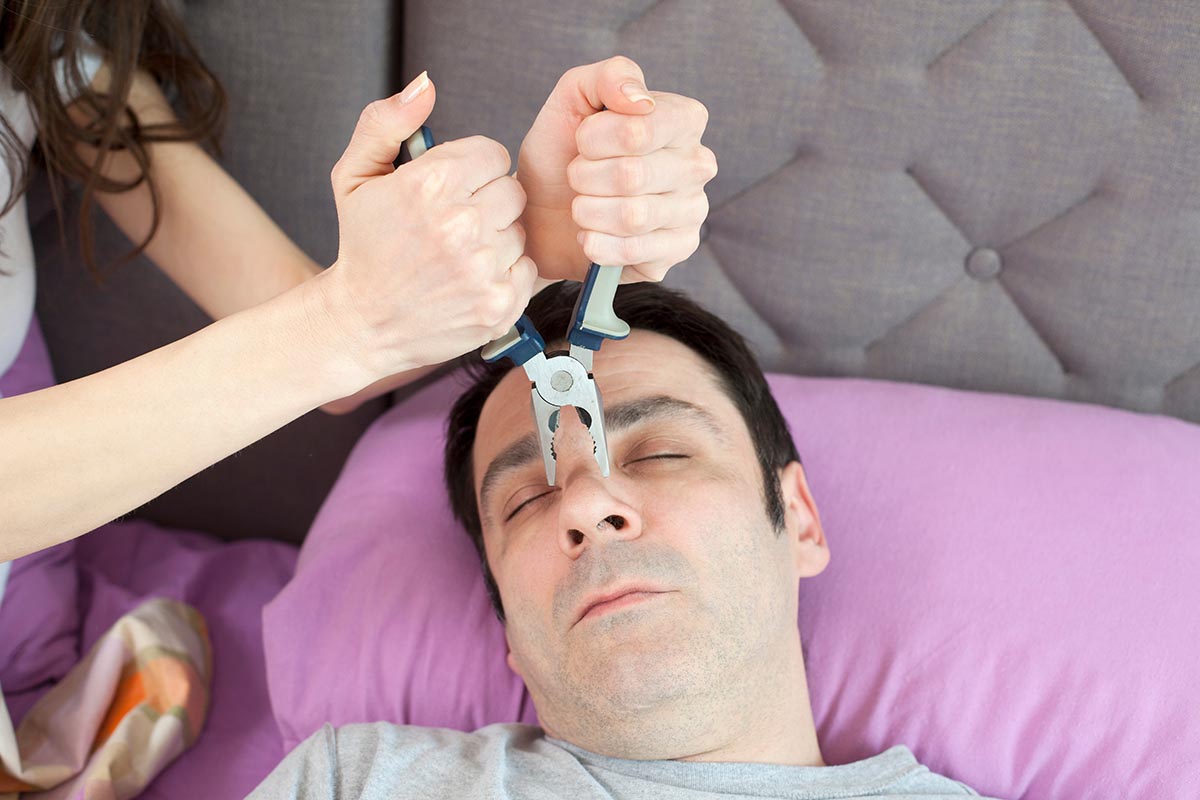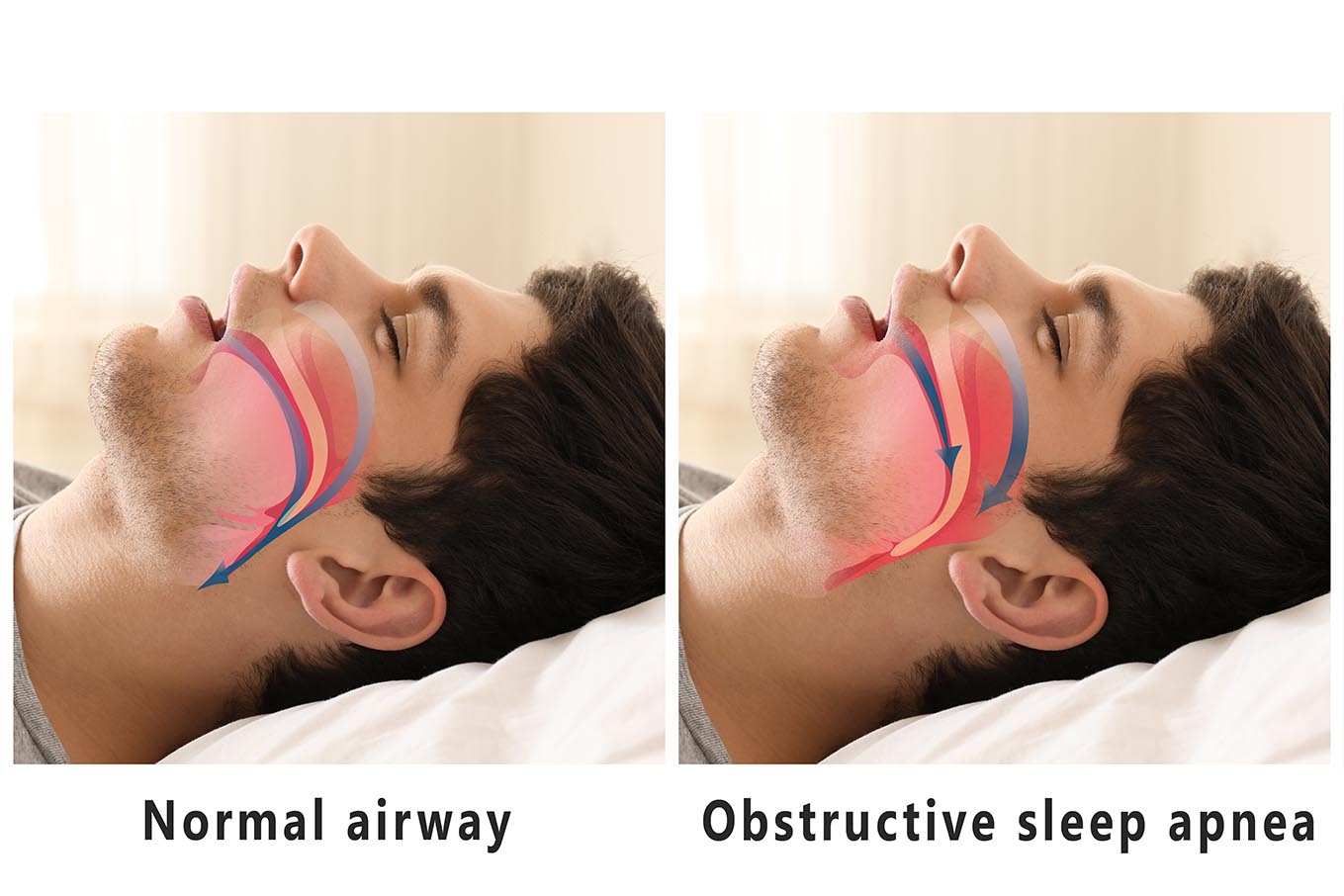4 minutes
869 words
Sleep Disorders and Sleep Apnea
Catharine Nixon
August 6, 2022
Importance of sleep
Sleep is one of the most important things in our lives. It is when our bodies and minds recharge for the next day. Sleep deprivation can lead to health problems, accidents, and decreased productivity. Getting enough sleep is essential for our overall health and well-being.
Importance of REM sleep
REM sleep is a crucial part of sleep, even though we know very little about it. The National Sleep Foundation reports that REM sleep is crucial for maintaining mental and physical health, and insufficient REM sleep has been linked to problems such as obesity, heart disease, cancer, and impaired cognitive function.
While scientists are still working to unlock all of the secrets of REM sleep, we do know that this stage of slumber is crucial for memory consolidation, emotional processing, and restoring the body’s energy levels. REM sleep is a deeper form of sleep that requires long uninterrupted bouts of sleep.
Tips for avoiding sleeping disorders and getting a good night’s sleep
One in three American adults do not get the recommended seven hours of sleep a night. This statistic is even more alarming when you consider the negative impacts a lack of sleep can have on one’s health, productivity, and mood. While there are many factors that can contribute to sleeplessness, sleeping disorder prevention is possible by following some simple tips.
To get started on the path to better sleep, be mindful of your bedtime routine. Avoid watching television or working on the computer in bed, as these activities can stimulate the brain and make it harder to fall asleep. Establish a regular sleep schedule and stick to it as much as possible. Reserve the bed for sleep only – avoid using it as an office or reading chair. Keep your bedroom cool, dark, and quiet for the best chance of restful slumber.

A brief introduction to sleeping disorders and their effects
Sleep disorders are a group of conditions that affect the ability to sleep well. They can cause difficulty falling asleep, staying asleep, or both. Poor sleep can lead to fatigue, problems with attention and focus, and even car accidents. They can typically be diagnosed using lab sleeping tests, although new convenient at home sleeping tests are becoming more available.
There are many different types of sleep disorders, including insomnia, sleep apnea and narcolepsy. Each one has its own unique set of symptoms and causes. While some sleep disorders can be cured with lifestyle changes or medication, others may require more intensive treatment, such as surgery.
Getting enough quality sleep is essential for good health and well-being, so if you think you might have a sleep disorder, it’s important to seek help from a doctor.
Causes of sleeping disorders
Sleeping disorders can be caused by many things, including stress, anxiety, medications, and health conditions. They can also be caused by environmental factors, such as noise or light.
There are several ways to prevent sleeping disorders. One is to make sure that you get enough exercise and get regular physical activity. Often doctors suggest getting a calisthenics trainer to help motivate their patients to train. It is also important to create a relaxing environment before bedtime and avoid watching television or using electronic devices in the hours leading up to bedtime. If you have trouble sleeping, try journaling or reading before bedtime. You may also want to consider talking to a doctor if you have concerns about your sleep habits.
How to treat sleeping disorders and get help
Sleep is vital for good health, and lack of sleep can lead to a number of health problems. According to the National Sleep Foundation, an estimated 50-70 million adults in the United States have a sleeping disorder. Untreated sleep apnea can cause a lot of health problems.
If you are experiencing difficulty sleeping, there are a number of treatments that may help. Treatment options vary depending on the type of sleeping disorder you have. Usually these involve behavioural changes, medications and a reduction of caffeine intake.
Sleep apnea
Sleep apnea is a sleep disorder that causes you to stop breathing for short periods of time while you’re sleeping. It’s a common problem, affecting about 18 million adults in the United States. Sleep apnea can cause a number of health problems, including heart disease, high blood pressure, and stroke.
If you think you might have sleep apnea, see your doctor. They can do a test to see if you have the disorder and recommend treatment. Treatment for sleep apnea may include lifestyle changes, such as losing weight or quitting smoking, and/or using a device called a CPAP machine to help you breathe more easily at night.

CPAP
CPAP, or continuous positive airway pressure, is a medical device that helps people with sleep apnea breathe easier during sleep. A CPAP machine consists of a mask that fits over the nose and mouth, and a motor that pumps air into the mask at a prescribed pressure. It helps keep the airways open and prevents snoring.
References:
https://www.hindawi.com/journals/sd/

